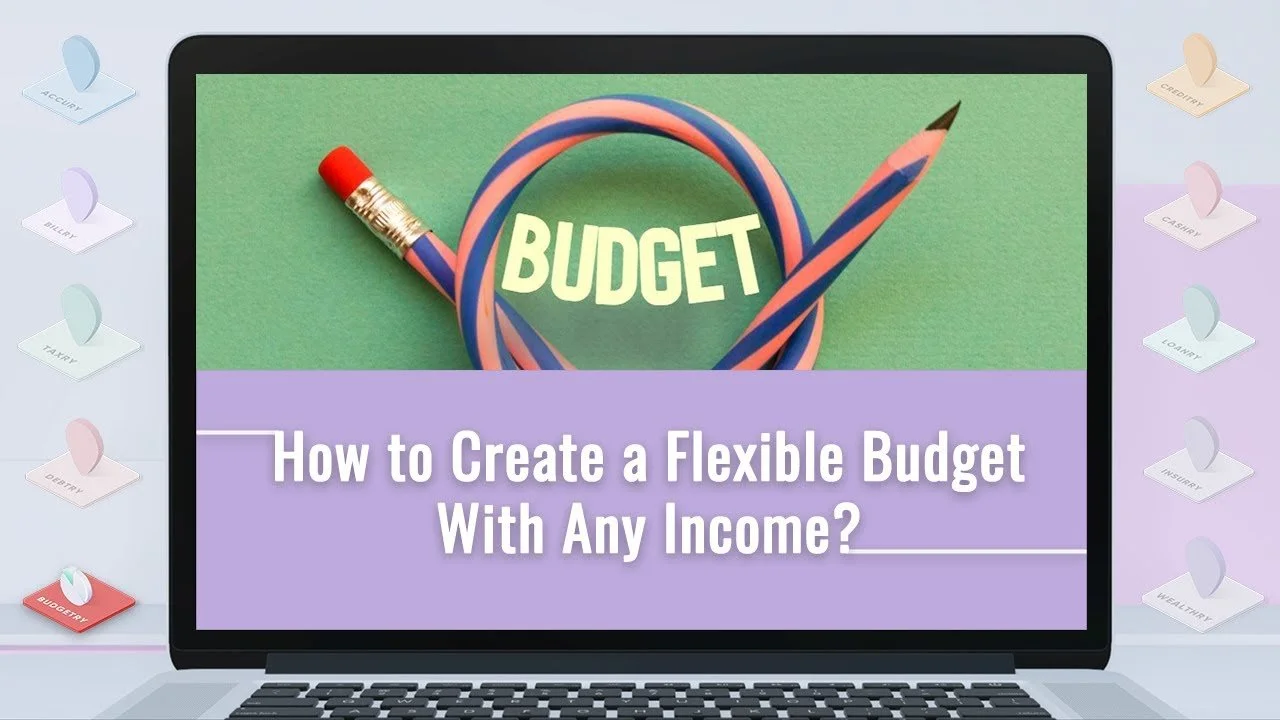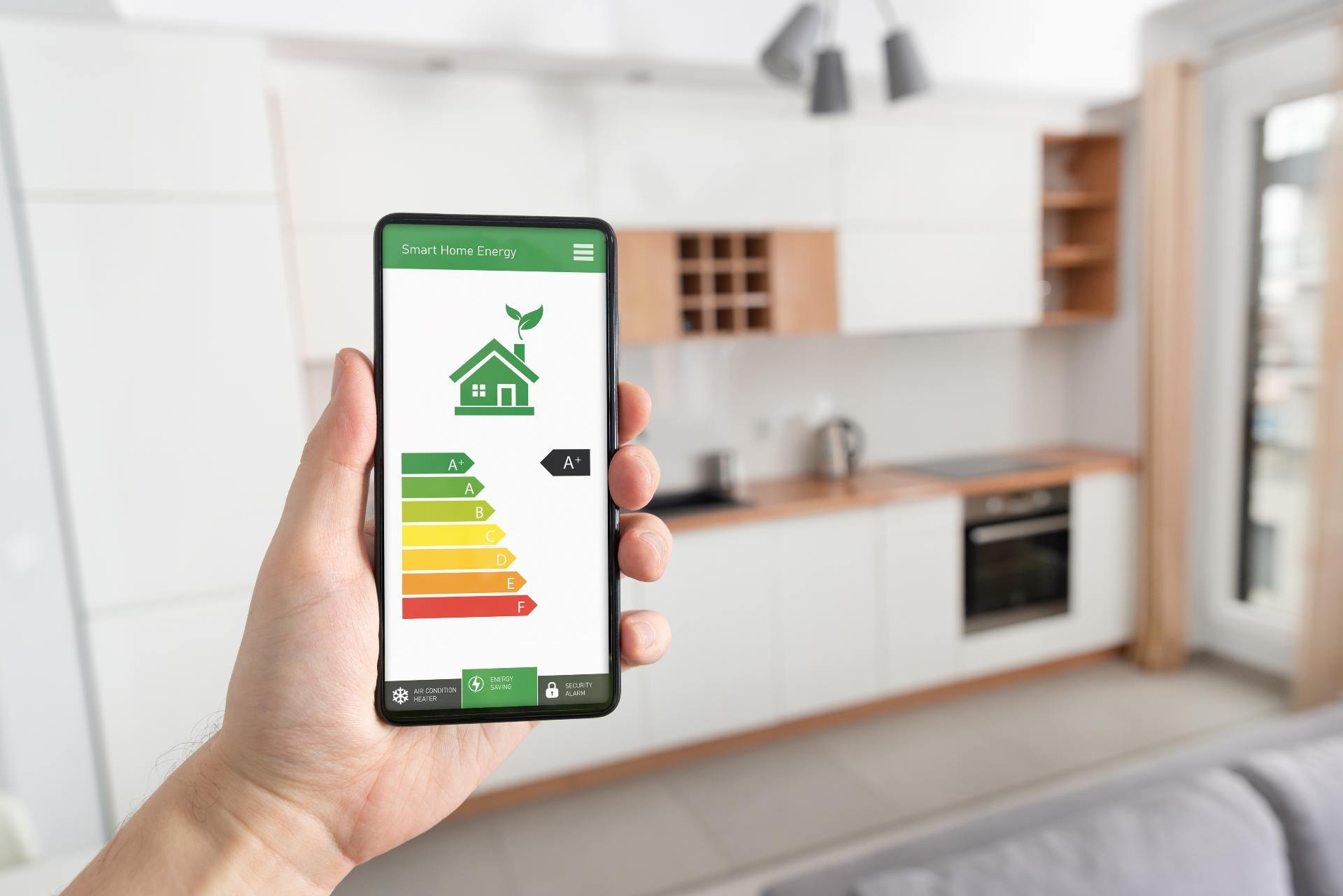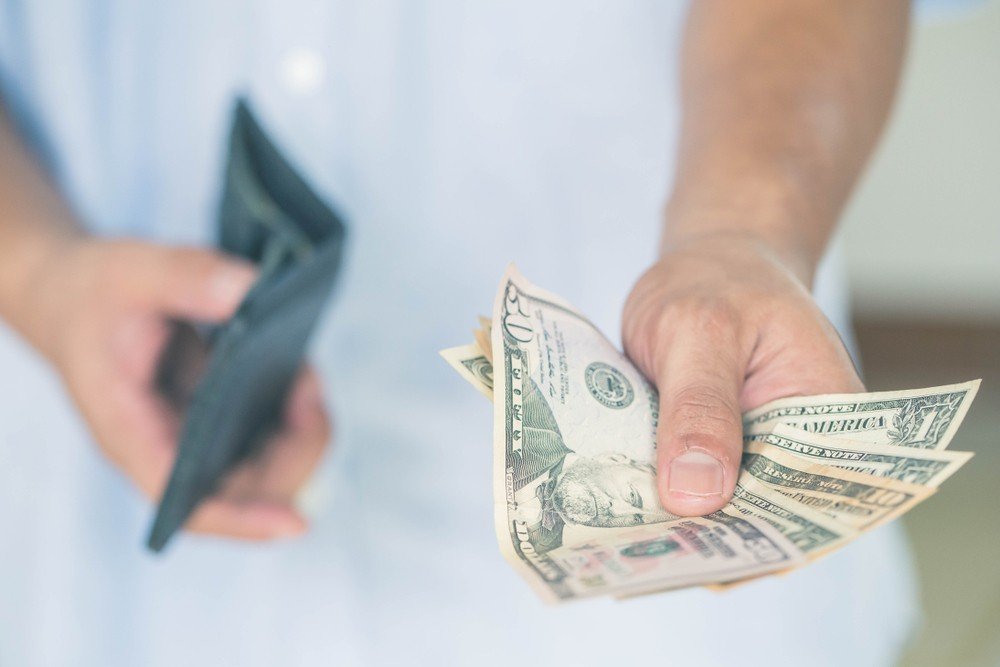20 Simple Tips on How to Spend Less Money
You can improve your financial situation by following some helpful tips on how to spend less money. Reining in your spending will mean more money in your savings account. While it can be challenging to cut your spending, you might find it easier than you thought if you put some research into it. Once you've managed to spend less, you can get out of debt and get ahead financially. Here are 20 simple tips that you can use to reduce your spending.
1. Create a Budget
You should have a budget if you're trying to spend less. When you set a budget, you limit the amount you're letting yourself spend each month. You also find ways to go further with each paycheck. A well-thought-out budget is the key to financial success. Take the time to crunch the numbers and put your budget down on paper. This way, you'll be more likely to stick with it long term.
2. Invest In Home Efficiency
Another great idea when you're learning how to spend less money is to invest in more efficiency. A more efficient vehicle and more efficient home appliances reduce your spending significantly over time. You're probably paying a lot more in utilities than you should have to if you've never done an efficiency revamp in your home.
3. Stop Eating Out
Eating out often is one of the easiest ways to blow your paycheck. You spend much less money when you cook your meals at home. Stop eating out and you'll probably find it much easier to save up money quickly. If you do eat out, do so frugally. Avoid buying alcoholic beverages at restaurants when you do eat out to really bring down the costs of dining out.
4. Find Free Sources Of Entertainment
Entertainment is a big expense for many people. At the same time, there are a lot of free sources of entertainment out there. Take advantage of free entertainment and you'll reduce your spending.
Look out for free concerts and moving screenings in your area. Also, you can look out for free shows and movies to stream online.
5. Develop Inexpensive Hobbies
There are a lot of hobbies that tend to cost a great deal of money. If you have a hobby like skydiving, skiing, golfing, or yachting, you're definitely going to be spending a lot to enjoy this hobby. However, there are a lot of cheaper hobbies to take up like reading, tennis, or hiking. Make some changes regarding you hobbies so that you can have a great time without spending a fortune!
6. Pay In Cash Whenever Possible
If you have a habit of paying with your credit or debit card, you might be paying extra for a lot of purchases. Many retailers out there add a service fee when you use your credit or debit card. You might also find that your bank adds on a charge when you make a debit purchase.
You should try to withdraw cash from your bank's ATM so you don't have to pay fees. You can then have this cash available to pay for purchases. When you do this, you'll avoid excess fees and minimize your expenses.
7. Make Coffee At Home
You might think that stopping at Starbucks for a coffee on the way to work every day is no big deal. However, you might not realize how much the costs of purchasing coffee out can add up over time. This is especially true if you're purchasing more expensive lattes, espressos, or any type of coffee drink that's costing more than a couple dollars each. You'll probably find that you can make coffee drinks that are just as good at home. At the same time, you'll spend a lot less.
8. Use the Library Rather Than Buying Books
Buying books either in hard copy or electronic editions costs money. On the other hard, there are plenty of books available for free at the library. You should use your local library if you're an avid reader and you're trying to cut costs. Browse the shelves of your local library and you'll probably find a lot of great bestsellers that you're eager to read.
9. Consider Refinancing Your Mortgage
If you're a homeowner who's having trouble setting money aside, you might want to consider refinancing. By refinancing your mortgage, you could reduce your monthly mortgage payment.
You also may be able to reduce the total amount of money you'll pay in interest on your mortgage. It's especially likely that you'll save money by refinancing if your credit score has gone up significantly since you took out your mortgage loan.
10. Sell Items That You Don't Use Anymore
There is no sense in keeping items around your home if you're not using them anymore. This is especially true when it comes to items of value. You might be able to add a lot more to your savings by just selling unused items around your home. When you do this, you'll also enjoy the benefit of getting rid of clutter. A more organized home with less clutter can improve your everyday productivity and make you more comfortable.
11. Put Windfall Funds Into Savings
It will really help you out over the long term if you get into the habit of putting your windfall funds right into your savings account. Too many consumers have a bad habit of splurging whenever they get a windfall from a bonus or a raise.
Be disciplined and smart when you suddenly have more funds than you expected. If you put every bonus you receive from work right into savings, you'll be limiting your spending.
12. Shop At Thrift Stores
Shopping at thrift stores is one of the best things you can do to minimize the costs of things you need like clothing, furniture, and home supplies. Check out what's in stock at your local thrift store and you may be really surprised with what you find. Many thrift stores have quality items at surprisingly low prices. You might find it's best to buy high quality items used as opposed to buying cheap items new.
Track Your Bills And Save On Them. Join Billry And Start Using Our Tools Today!
13. Take Advantage Of Sales
Shop to take advantage of sales. Don't ignore sale items when you're on everyday shopping outings for groceries or other necessities. You can save a lot of money on some sales while also getting items that you really need.
14. Reconsider Your Thermostat Settings
The thermostat settings in your home have a big impact on your utility costs. If your utility costs seem higher than they should be, you might not be setting your thermostat to optimum settings. Turning your thermostat up a few degrees in the summer and down a few degrees in the winter can lead to surprising savings.
15. Avoid Unnecessary Driving
Another bad habit that a lot of consumers have is driving when it's not necessary. Perhaps you can consider walking rather than driving if you're only going short distances. This will not only cut down on your gas expenses, but also help you to save on gas. Avoiding unnecessary driving leads to especially significant savings at times when gas prices are particularly high.
16. Avoid Extravagant Vacations
Some consumers spend huge amounts of money every year on vacation. If you're traveling to faraway destinations that are especially expensive, you're going to find it more difficult to reduce spending. You'll probably find that you can have just as much fun by going on vacations to more affordable destinations. Vacationing in less expensive places that are closer to home can have the added perk of reducing the stress of traveling.
17. Plan Out Big Purchases Well In Advance
You should never make large purchases impulsively. If you wait several months and do a lot of research before making large purchases, you can reduce the resulting expense significantly. Give yourself a few months before buying something expensive like a new vehicle or computer.
18. Buy Generic Rather Than Brand Name
You don't always have to buy brand name products. For many types of product, you may find that generic options work just as well for you as brand name items. Experiment with generic products to find options that work just as well as their brand name equivalents.
19. Shop Around Before Purchasing Airfare
If you need to fly periodically for personal or professional reasons, try to avoid purchasing the first flight option you come across. Research airfare prices online using comparison sites to pinpoint the least expensive option each time you fly.
20. Think About How Many Hours Of Work a Purchase Is Costing You
You might find it easier to avoid making frivolous purchases if you consider how much work it takes you to earn the required amount of money. Calculate how many hours of work you'll have to put into purchases to put things into perspective. You might end up deciding that unnecessary purchases aren't worth it more often if you do this.
Finally,
On top of these tips, another great idea to reduce spending is to use resources on Goalry to get your personal finances in order. Goalry offers many great tools for saving money and budgeting better.
Put these tips to use and you'll find more money leftover from your paycheck. Knowing how to spend less money is half the battle when it comes to putting yourself in the best possible financial position. Choose the tips above that will be easiest to incorporate into your everyday life. While it might take time, you'll find that these tips will help you get out of debt. Set financial goals and achieve them by learning the best methods for you for spending less!









